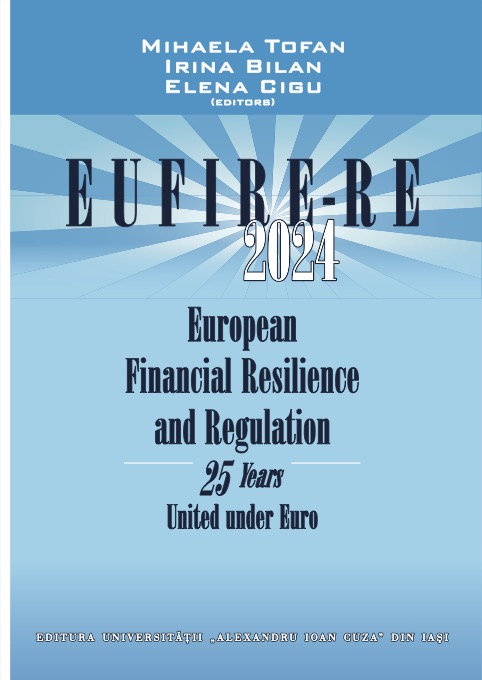THE FORM OF WILL IN THE REPUBLIC OF MOLDOVA: CONTEMPORARY HISTORY, NOTARIAL PROCEDURE AND ENFORCEMENT
THE FORM OF WILL IN THE REPUBLIC OF MOLDOVA: CONTEMPORARY HISTORY, NOTARIAL PROCEDURE AND ENFORCEMENT
Author(s): Vitalii Pistriuga
Subject(s): Law, Constitution, Jurisprudence
Published by: Editura Universităţii »Alexandru Ioan Cuza« din Iaşi
Keywords: notarial deed; notarial form; notarial document; will.
Summary/Abstract: The new version of the Civil code of the Republic of Moldova starting March 1st, 2019, traditionally has already revised the forms of will by which an individual can dispose for the cause of death. In this context, some forms of will have been maintained, some forms have been excluded, and some have changed their own legal nature, which affects their legal force. In this article we will draw attention to the changes in the form of the will in the Republic of Moldova in the contemporary period, with a special focus on the authentic and holographic forms.Consequently, special attention will be given to the authentic form of the will and the notarial procedure for assigning the legal force of public authority to a will. With reference to the holographic wills, the author will describe the procedure for obtaining their enforceability, through the point of view of his own notary practice, as well as will be elucidated some existing normative uncertanties. Although the domestic legislation does not expressly regulate the circulation of oral wills, a quasi-oral form has been introduced (which assumes that the testator's will is expressed orally, although it is to be expressed in written form in the end) and the notarial procedure with oral wills, allowed by the international treaty to which the Republic of Moldova is a party, has not been described.
- Page Range: 216-235
- Page Count: 20
- Publication Year: 2024
- Language: English
- Content File-PDF

